Goodness knows there’s no easy path to being an eco-friendly winery, but it’s a journey that Bonnievale Wines embrace for all the right reasons. After all, farming grapes in harmony with nature is the best way our wines reflect their provenance.
For us, that’s what a real wine experience is all about.
In the vineyards that thrive along the Breede River Valley, for example, the practice of regenerative agriculture, already well-known, has been instituted. It’s all connected to a deep-rooted love for the farming families that supply fruit to our winery feel for the land.
As for the cellar, where the wine is made, steps have also been made to improve the winery’s environmental friendliness. Amongst other initiatives, skins and seeds that remain after winemaking are returned to the farmers. This pomace is distributed in vineyards as an organic fertilizer, returning nutrients to the soil and as a type of mulch. Mulch assists root development, preserves soil moisture and promotes the general health of the soil.
Nature-friendly wines
In addition, Bonnievale has become part of the Confronting Climate Change “Carbon Heroes” programme. The South African initiative helps participating companies measure and reduce their carbon footprint – the sum of emissions that exacerbate climate change.
Every aspect of the enterprise is considered. This includes electricity, fuel, processing, organic waste and wastewater, and refrigeration. Even the types of barrels a winery chooses to use come into consideration. The environment means everything!
For its first evaluation as an eco-friendly winery, a 10-page report was generated. The great news is that Bonnievale Wines was awarded Silver status due to improved water, energy and effluent management. Bonnievale Wines emerged below the regional average for CO² emission.
“Having determined its carbon footprint, Bonnievale Wines’ pursuit as an eco-friendly winery now turns to identify areas in which these figures might be reduced,” says winemaker Marthinus Rademeyer, who oversees the project.
Green and proud of it
The winery’s environmental credentials go even further. Bonnievale is audited as part of the Wine and Agricultural Ethical Trade Association (WIETA), while each of its cellars – Merwespont, Wandsbeck, Bonnievale and Nordale – subscribes to the Integrated Production of Wine Scheme (IPW).
WIETA is primarily concerned with the fair treatment of people in the wine-growing and winemaking environment. Wineries commit to, amongst others, striving for a safe work environment that is free of child labour and provides a living wage and tenure.
IPW is a voluntary environmental sustainability scheme established by the South African wine industry. When it was established in 1998, it was a world first to provide a visual guarantee not only for the integrity of origin and/or vintage year and/or cultivar but also for sustainable production and traceability of a wine.
An eco-friendly winery test
The question remains: Do eco-friendly wines taste different? In most cases, probably not, but knowing that the winery that made them takes its environmental impact seriously makes a world of difference.
Why not find out for yourself? Order Bonnievale Wines, or better yet, find out how you can support an eco-friendly winery and become part of the Bonnievale wine family.
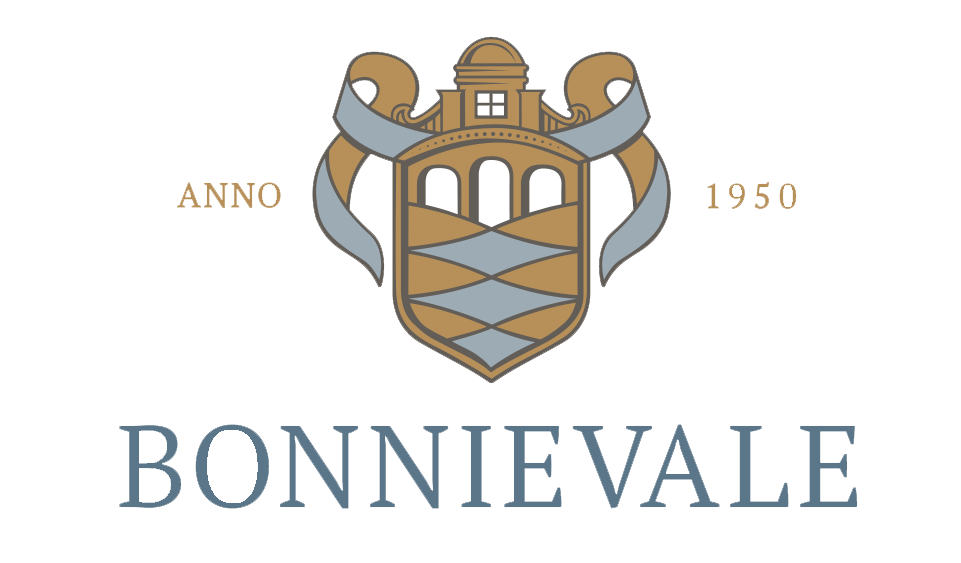
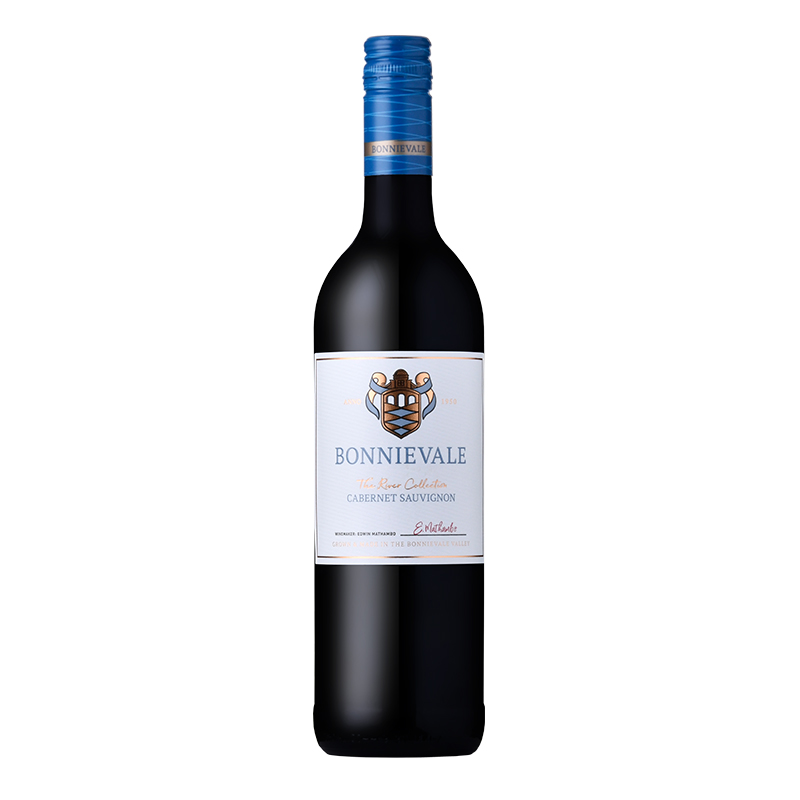
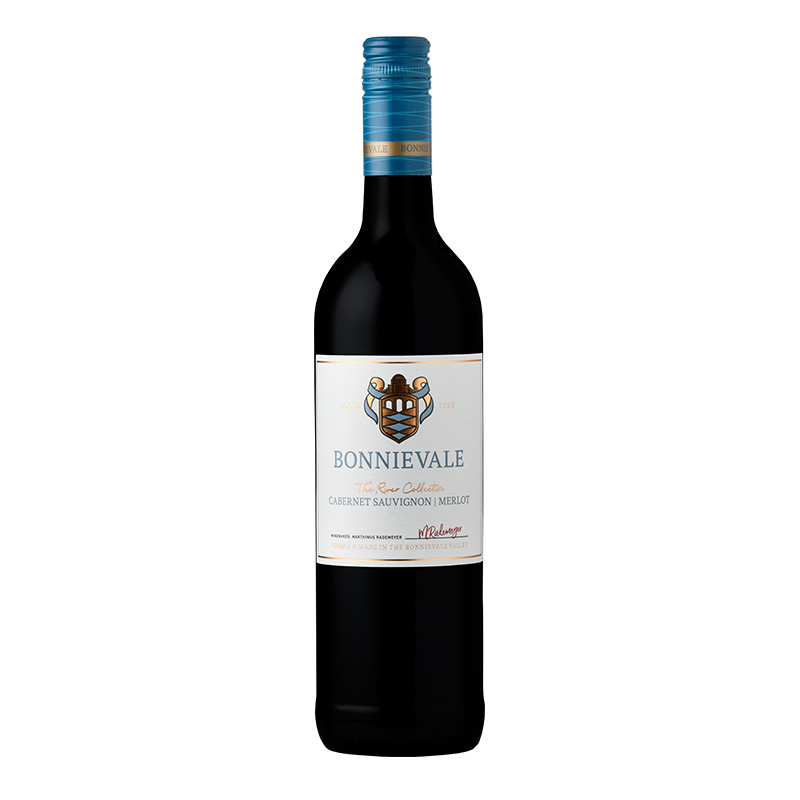
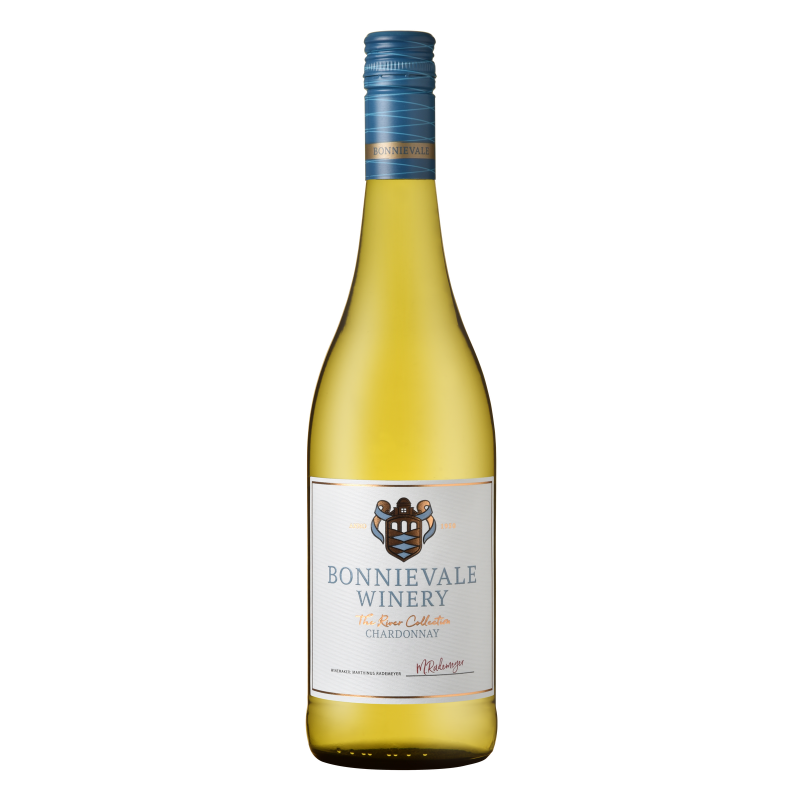
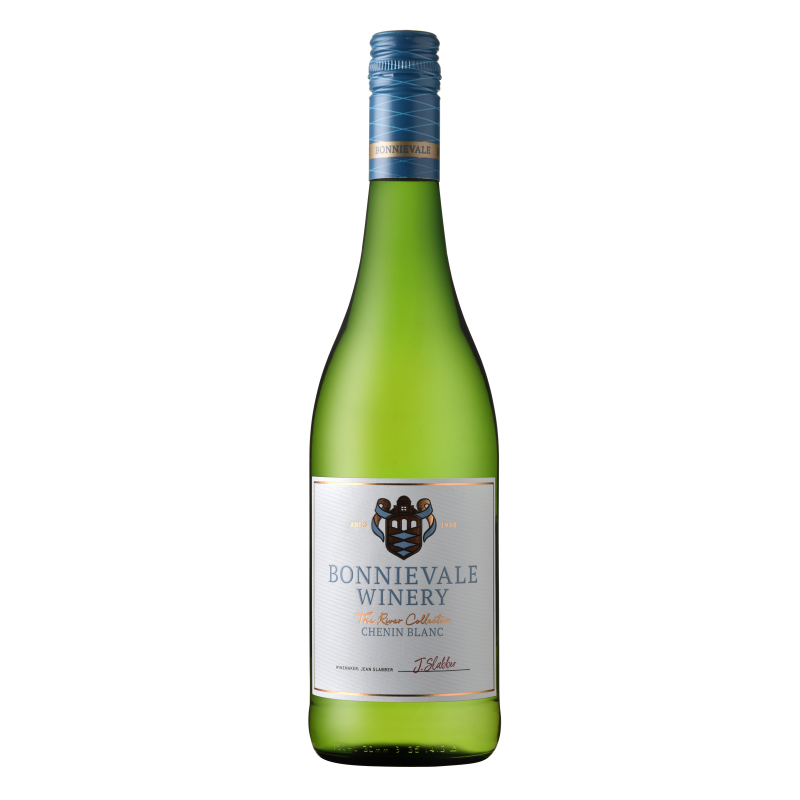
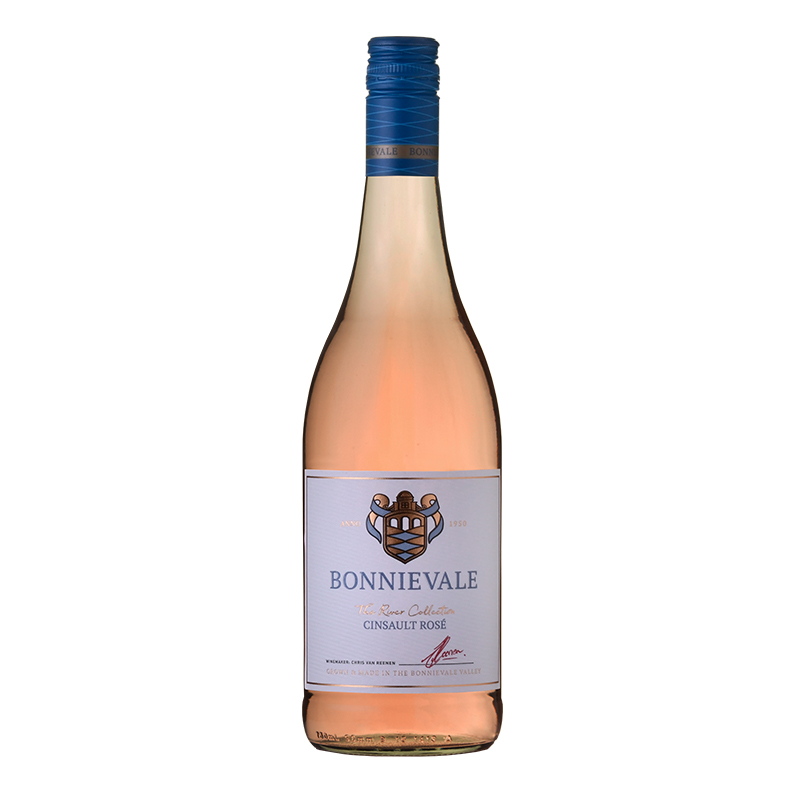
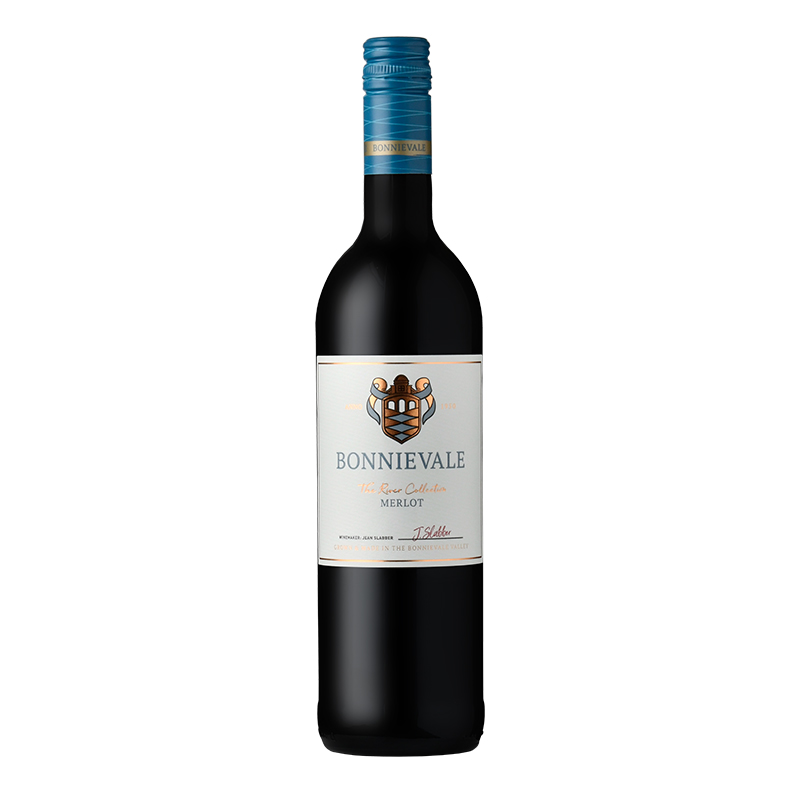
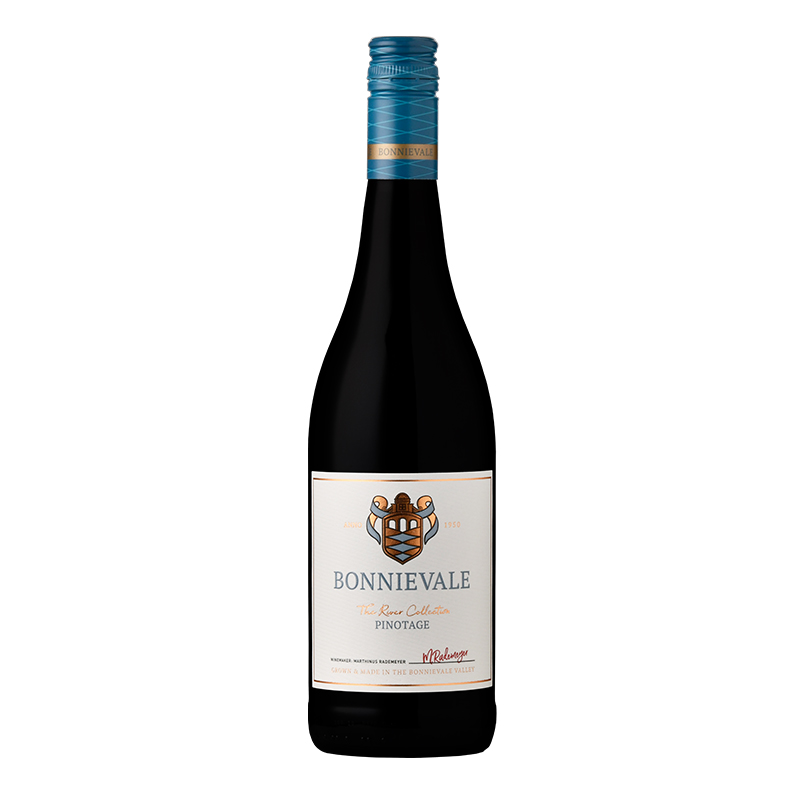
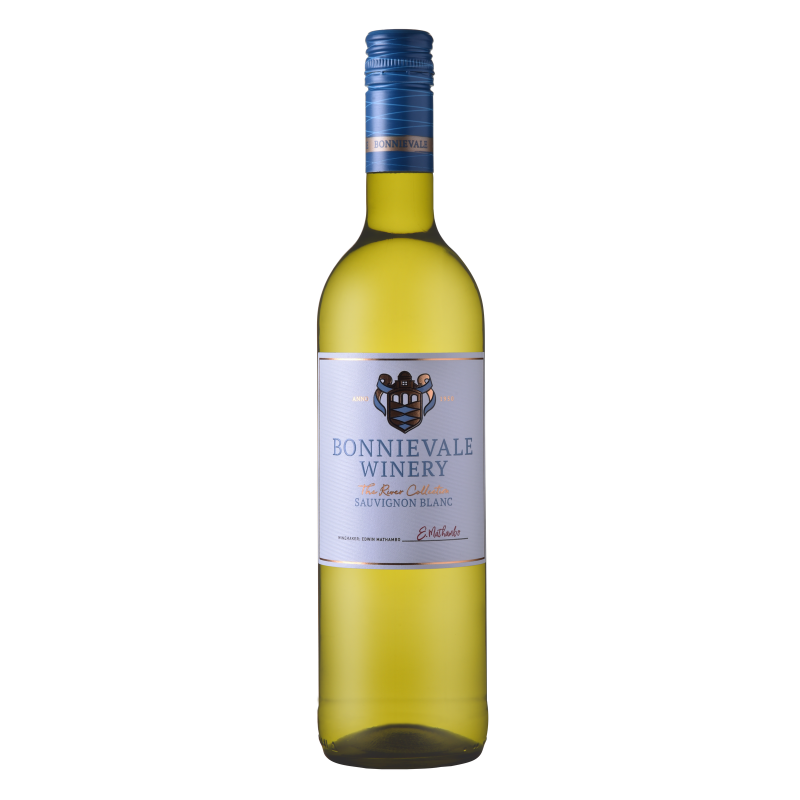
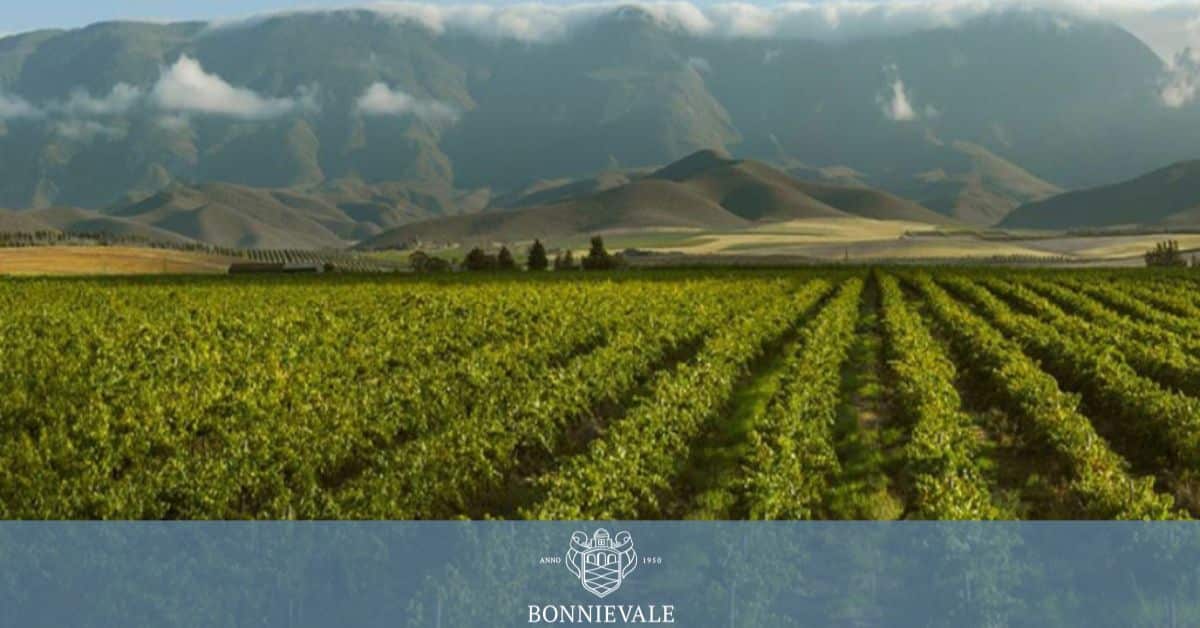





Leave a reply